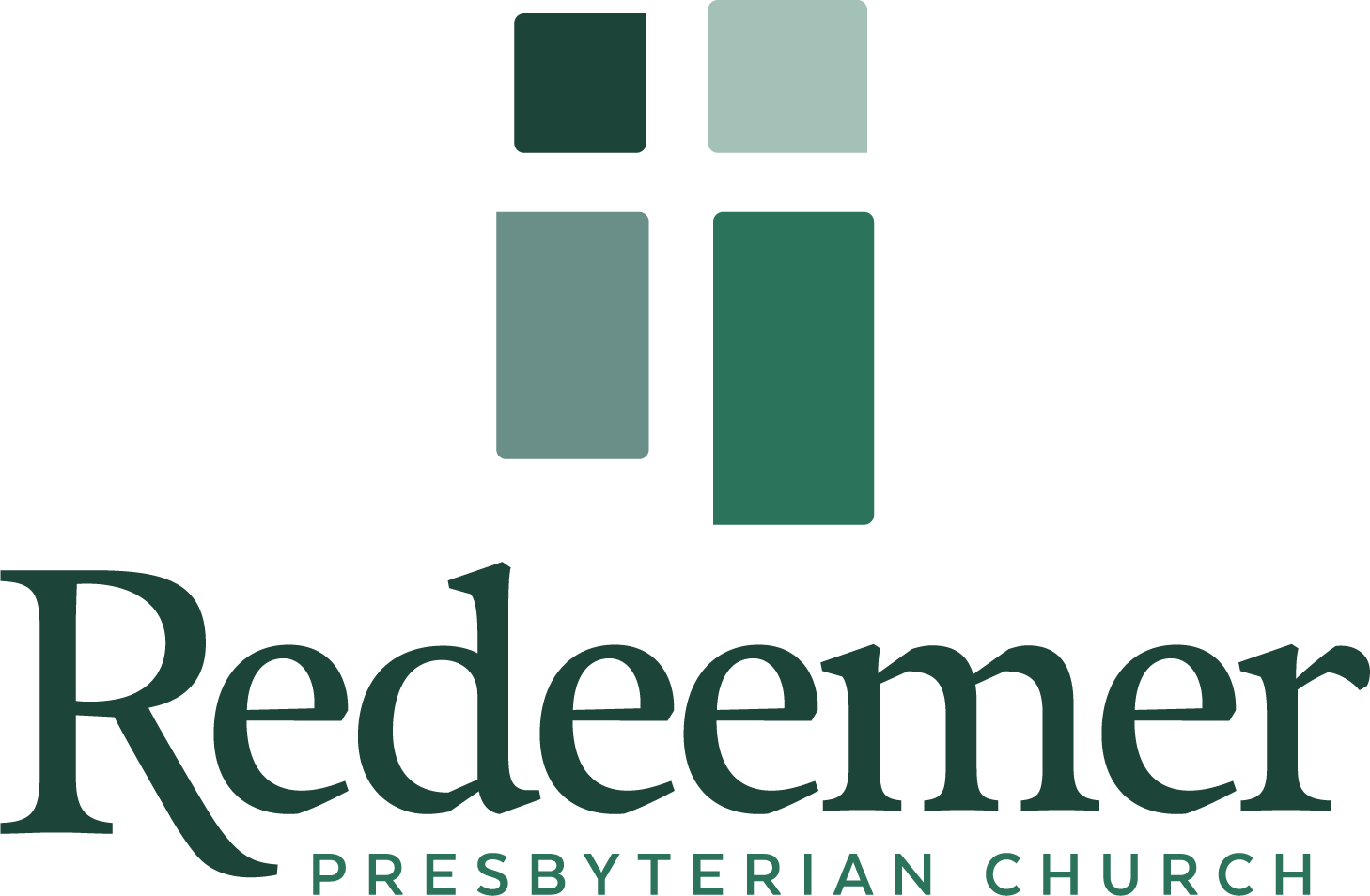Learning to Lament
By: Ross Jelgerhuis
This past Sunday we began our 3-week series looking at the book of Habakkuk. A prominent theme in the book is lament, as displayed vividly in chapter 1. One resource that was helpful for me in talking about lament is the book “Dark Clouds & Deep Mercy” by Mark Vroegop; he is a pastor who has done a lot of thinking, teaching, and practicing of lament.
One of the applications I made in the sermon was an encouragement for us to practice writing/praying our own laments. To that end, I wanted to share a few thoughts on personal lament from Vroegop’s book as well as a worksheet (of sorts) to help us lament.
Why Lament?
Vroegop has these 6 reasons to lament:
1. It is a language for loss. It provides a biblical vocabulary and a model for talking to God about our pain or helping those who are walking through suffering.
2. It is the solution for silence. Too many Christians either are afraid or refuse to talk to God about their struggles. Whether because of shame, a fear of rejection, anxiety…pain can give rise to a deadly prayerlessness. Lament cracks the door open to talk to God again – even if it’s messy.
3. It is a category for complaints. Lament helps us see that complaining to God is not necessarily sinful…Vocalizing our pain or helping a friend express her heart is one of the life-giving aspects of lament.
4. It is a framework for our feelings. It’s more than the sinful spewing of every emotion in your soul. Lament validates the expression of pain while providing a God-centered framework that helps us avoid falling into the trap of self-centeredness, which is prevalent in sadness.
5. It is a process for our pain. Lament is more than a biblical version of the stages of grief. It invites God’s people on a journey as they turn to God, lay out their complaints, ask for his help, and choose to trust.
6. It is a way to worship. Too many people think real worship only means an upbeat and happy demeanor. But grief-filled prayers of pain while seeking God are among the deepest expressions of God-centered worship (ie – 1/3 of Psalms are lament).
How do I Lament?
Here is a table that combines Vroegop’s lament “movements” with the example of Psalm 13, as well as a modern day lament for the pandemic based on Psalm 13 written by someone I know:
Movements of Lament
Psalm 13
Example Pandemic Lament
Turn to God
Address God as you come to him in prayer. This is sometimes combined with complaint.
Bring Your Complaint
Identify in blunt language the specific pain or injustice. Why or how is often part of the complaint.
Ask Boldly
Specifically, call upon God to act in a manner that fits his character and resolves your complaint.
Choose to Trust
Affirm God’s worthiness to be trusted, and commit to praising him.
v1 “…O LORD...”
v3– “...O LORD my God...”
v1 – “How long, O LORD, will you forget me forever? How long will you hide your face from me?
v2 – “How long must I take counsel in my soul and have sorrow in my heart all the day?...”
v3 – “Consider me and answer me, O LORD my God…”
v4 – “lest my enemy say, ‘I have prevailed over him…’”
v5-6 – “But I have trusted in your steadfast love…I will sing to the LORD because he has dealt bountifully with me”
How long, O Lord? This pandemic feels like it will go on forever. Are you hiding from us? Have you forgotten us?
How much longer do we have to endure this anxiety and fear? Some of us are in deep distress because we have lost a loved one.
Is COVID-19 going to destroy us and our society completely? It feels like we are besieged by an invisible and deadly enemy.
Please listen to us and answer, O Lord God.
Deliver us or the evil one will boast that he has defeated your people and will be rejoicing at our confusion and downfall. We don’t understand why you are allowing this suffering across the globe.
But we trusted your steadfast love in the past and our hearts believe enough to rejoice in future deliverance.
We will sing to the Lord because of your great goodness to us in the past.


